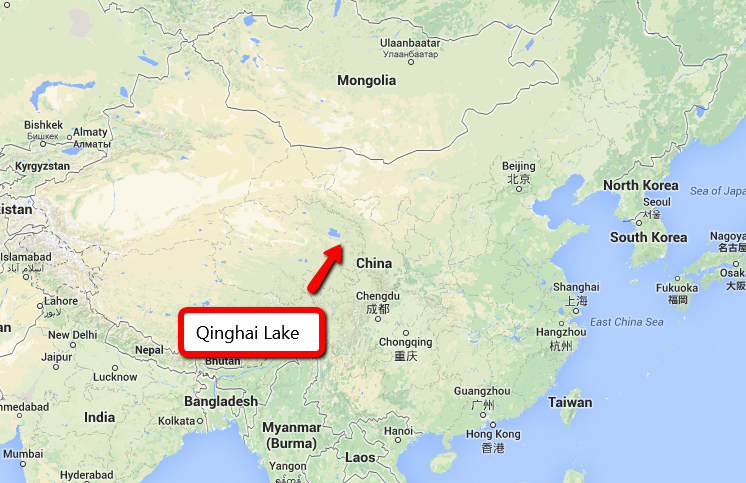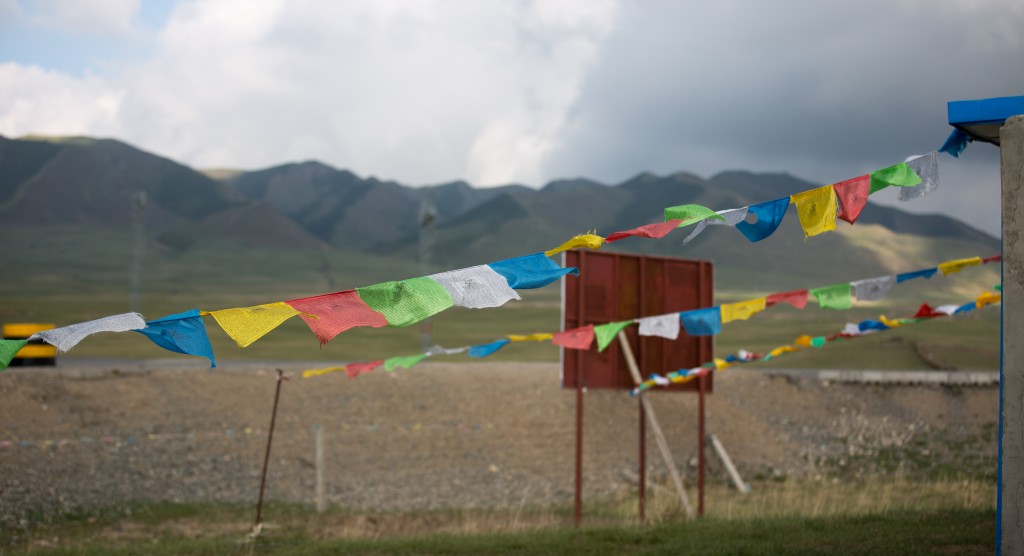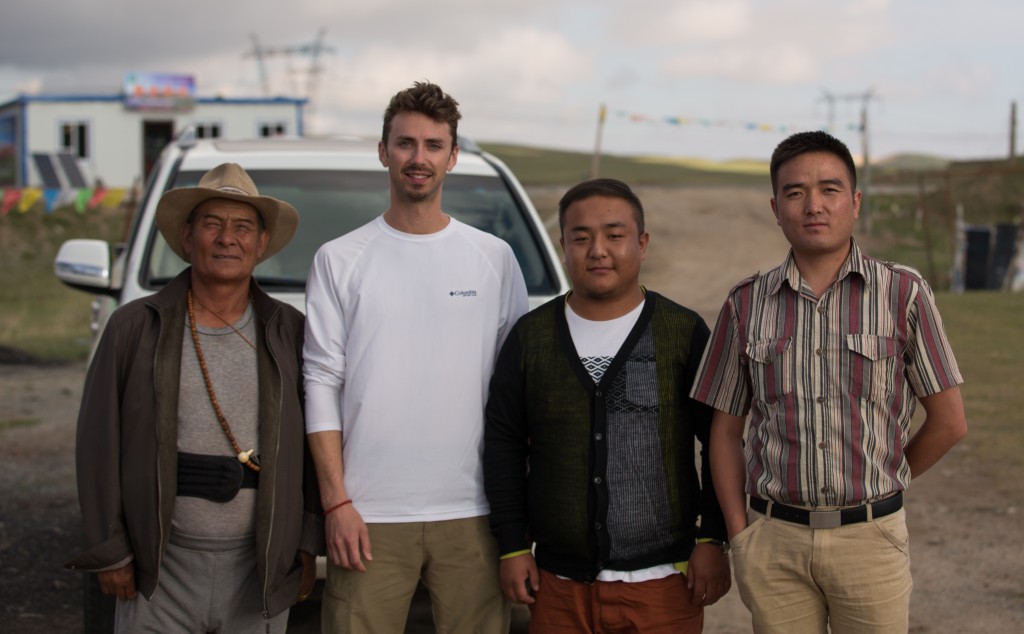Make sure you read the previous post here before you start this post.
We hopped into the back of the two Tibetans’ white SUV. The one in the passenger seat turned to us and asked, “Do you smoke?” holding out two cigarettes. They were both well-dressed, and, driving this kind of car, well-paid.
“No. Thanks.” The man handed one of the cigarettes to the driver and began smoking anyways. We cruised out of Huangyuan, the gas stations and auto-repair shops giving way to brown mountains and green pastures of the Tibetan countryside. Their radio played a typical mix of oversugared Chinese love songs and a handful of pop songs in English. “Someone Like You,” a song by British singer Adele.
“We just like the beat, the rhythm,” the driver said. “We never have any idea of what they are saying. All these foreign language songs are that way. We just like listening to them, they don’t mean anything to us.”
The song is about a woman turning up at an ex’s place after he has had all his dreams come true and she has to find her way past him, I tried to explain to them.
They nodded and changed the subject. “You know, we are cops,” one of them said. I was stunned.
“Oh.” I breathed, waiting to see how they would play it.
“We are glad to have foreigners here.” The passenger told me.
“Are there a lot of foreigners in this area?” I asked, trying to creep around the police subject.
“Oh yea. Lots. One has opened a restaurant down there,” the passenger pointed vaguely in some direction.
“There are also lots of foreigners here studying Tibetan,” the driver added. “It is so easy to learn. You’ll be able to speak it in three months if you stay here. There are not any tones like they have in Chinese. Do you have a Tibetan name?” the driver asked me.
“No.”
“Would you like one?” the other guy asked.
“Yeah,” I said. My Chinese name is Li Mo, which is pronounced almost exactly like my English name, Lee Moore. So, they gave me a similar sounding Tibetan name, Nyi ma, which means sun.
Thirty minutes into the ride, we began talking about Tibetans. “The Tibetans are very hospitable,” the driver said. “You know, if you walked into any one of these tents,” he said, pointing out to the handful of white tents sprinkling the green plains carpeting the feet of the more distant brown mountains, “if you walked into any one of these tents, you could ask them for anything and they would give it to you and not ask you for money.”
I thought for a minute as more white tents passed by our windows. “Do you think that people like that would mind if we pitched a tent out there? We had been heading to Qinghai Lake to try to find a place where we could camp for a little while. We did not care where we were going, so long as we could camp in a natural setting near Qinghai Lake.”I told him.
“No. They would not mind. If you ask them,” the driver said. “Is that all you want to do?”
“Yea. If you know of a spot where we could do that?” I said.
“How about my grandfather’s place?” He offered.
“Great.” I said. Scuttling down a half torn-up highway, we descended into another valley whose center was green but whose rim was brown as mountains swung around the outside. We pulled off the road and stopped on a one and a half lane dirt road. We had arrived at his grandfather’s.



This was one of my favorite blogs so far, and I love the photo. I’m behind on my reading, but I read all of them. They are so interesting.